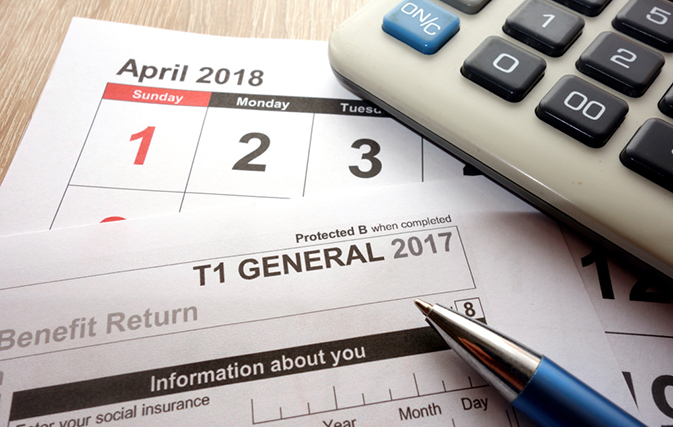OTTAWA — The Canadian government hasn’t taken steps to collect the taxes they should from digital platforms like Airbnb, and the inaction has to stop, says the Hotel Association of Canada.
Over the last two years, the commercial side of Airbnb’s business – those renting multi-unit entire homes – grew by 108%, says Susie Grynol, President of the Hotel Association of Canada. These entire home rentals generated 83% of Airbnb’s revenues.
Today is tax deadline day in Canada and the HAC is using the day as a platform to call on the federal government to ensure Airbnb pays its fair share of taxes, and to take real action to address tax avoidance in the digital space.
Despite the rapid growth of out of country digital platforms like Airbnb, the government has not taken steps to collect the taxes they should, says the HAC.
“As Canadians across the country file their returns on tax day, it is important that we look at who isn’t paying taxes,” says Grynol.
“Online rental platforms operating in Canada, like Airbnb, do not currently collect or remit GST/HST, pay no corporate income taxes on their Canadian activity, and make it far too easy for those renting rooms on their platforms to do the same.”
Online rental platforms have an unfair advantage over other accommodation businesses, like hotels, who pay their taxes and play by the rules, she says, adding that the real loss is felt by Canadians who end up paying more in taxes to cover the cost of Canada’s social programs.
“It is not acceptable that the federal government has not taken any meaningful action to modernize Canada’s tax laws to deal with the digital economy,” said Grynol. “Further, it is equally unacceptable that Airbnb has not taken a more responsible approach to ensure tax compliance for their commercial hosts.”
Hosts renting out multi-unit entire homes on Airbnb “are running a business through Airbnb, yet the federal government doesn’t require, nor does Airbnb provide, any tax information slips so that revenues can be tracked and tax calculated,” says a statement from the HAC.
In the U.S., there is a federal requirement to complete a 1099-K form in order to support tax compliance. In the EU, value-added taxes are applied and collected at the platform level on the total fee for the booking. “These measures should be adopted in Canada in order to close current loopholes.”
In 2016, guests of Canada’s legitimate hotel properties contributed an estimated $2.2 billion in consumer taxes and fees based on room revenues alone. If the same rates were to be applied to Airbnb’s revenues, the sector has the potential to contribute almost $100 million to the Canadian economy, says Grynol.
Governments have a responsibility to keep up with the emergence of the digital economy, she added. “Other jurisdictions around the world have modernized their tax laws and Canada should follow suit. It’s unacceptable that the federal government allows online platforms to avoid tax, while good corporate citizens continue to support jobs, drive economic growth and fund governments.”
The Hotel Association of Canada represents more than 8,178 hotels, motels and resorts that encompass the $19.2 billion Canadian hotel industry.

